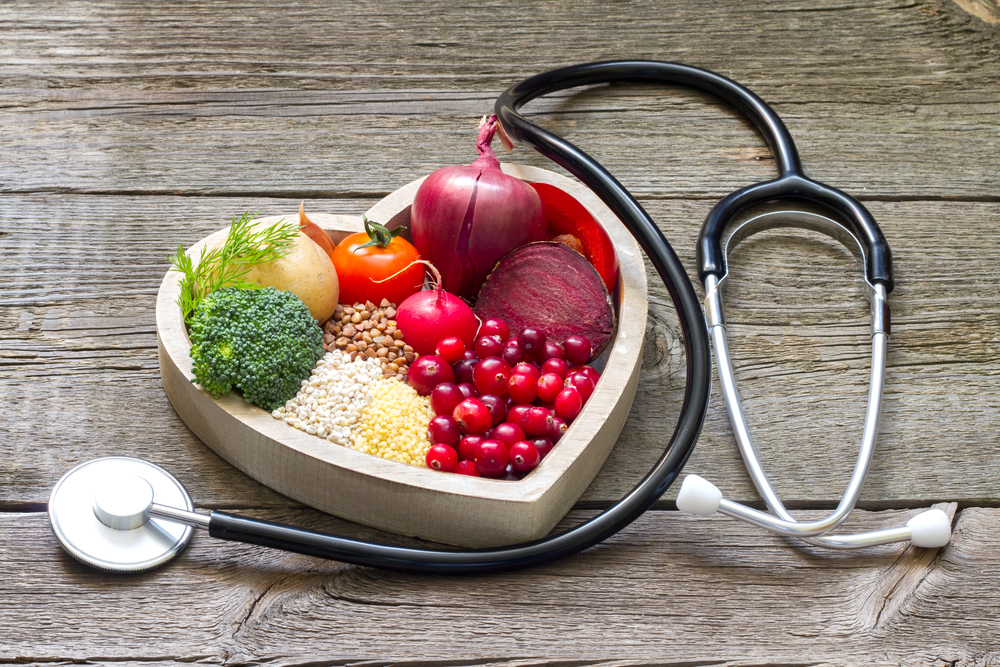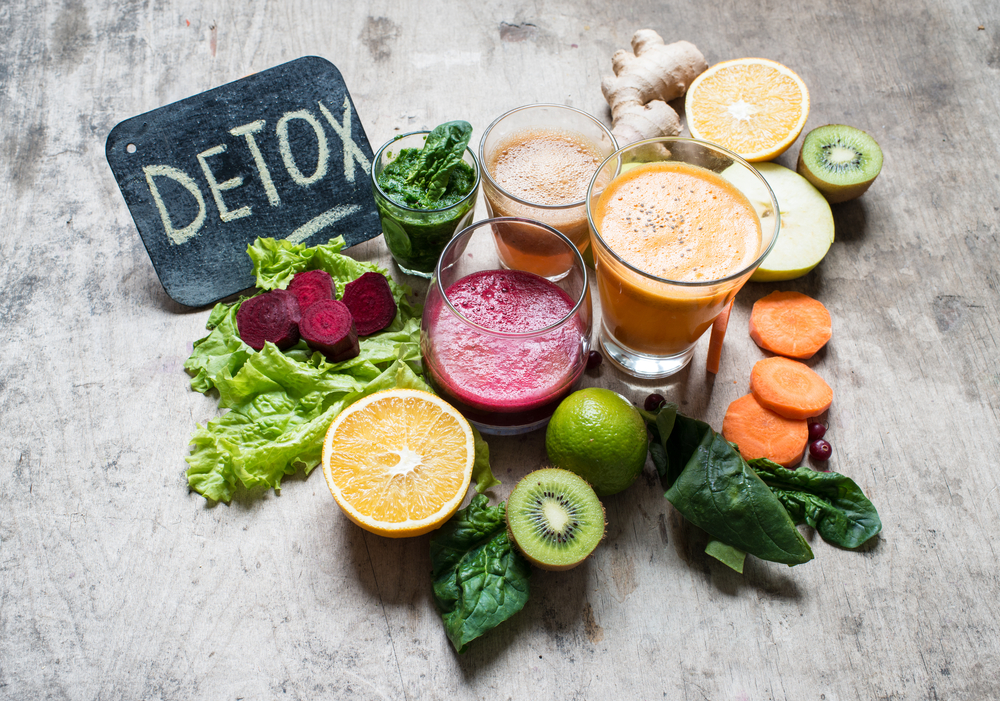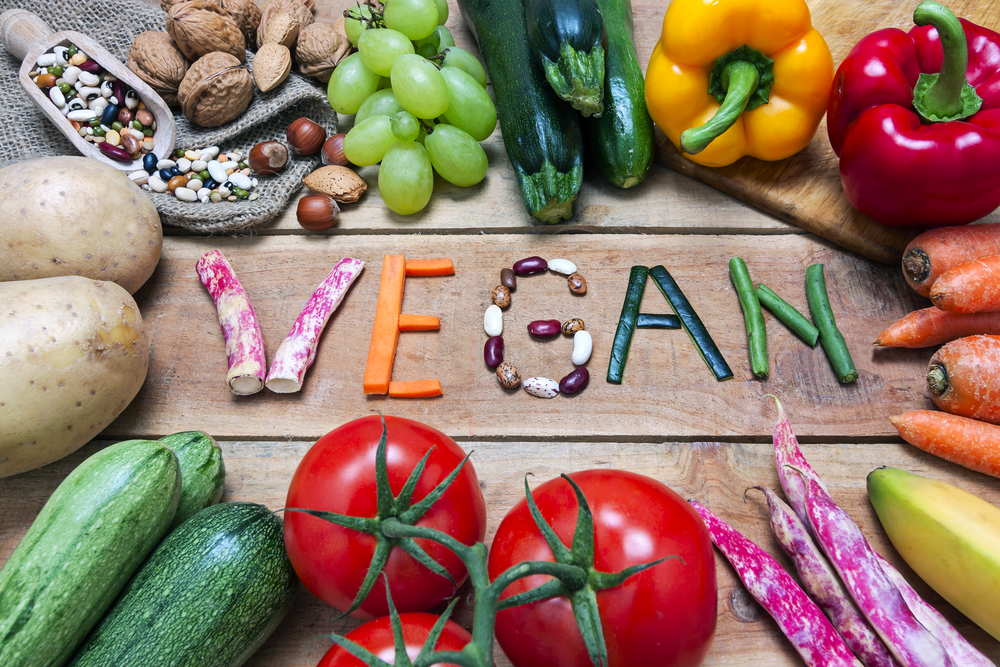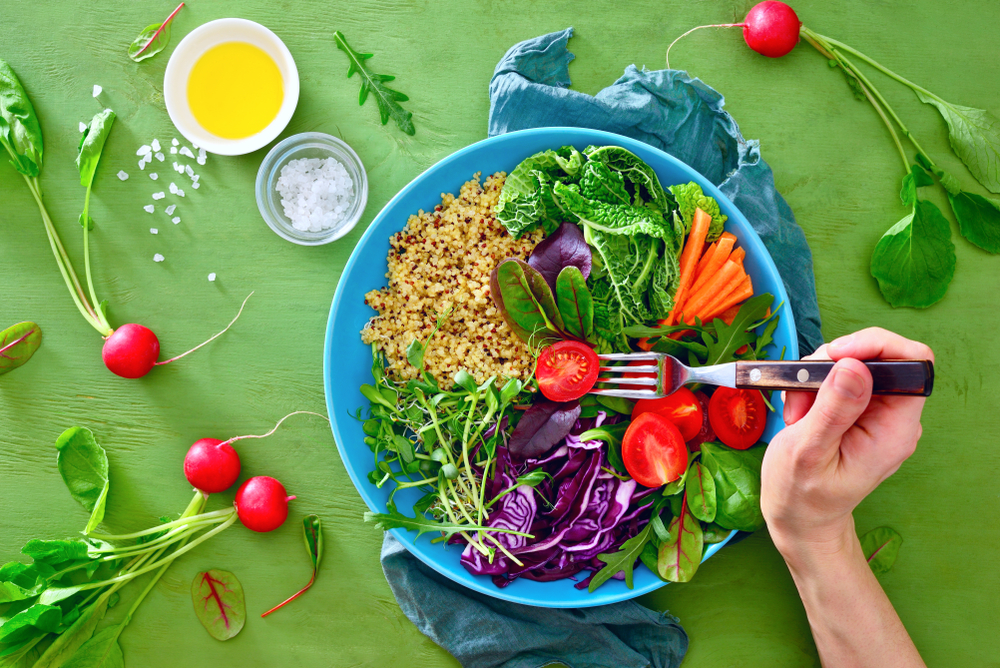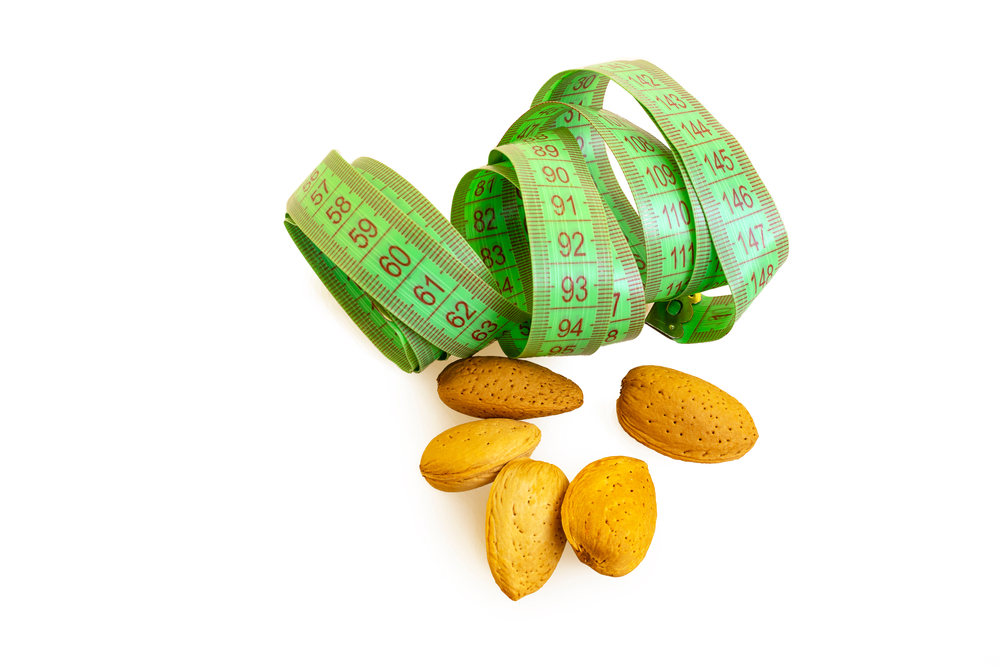Lactose intolerance is the inability to digest lactose, a sugar naturally contained in milk (and milk products), due to the absence or insufficient amount of a digestive enzyme, lactase.
In humans, lactase decreases by an average of 90% to 95% in early
childhood. However, some ethnic groups continue to produce lactase into
adulthood. There aredifferent types of diets, here let's look at
the diet dedicated to lactose intolerant
LACTOSE AND ITS BREAKDOWN
Lactose is a combination of 2 simple sugars: glucose and galactose.
The enzyme, lactase allows the body to digest and break it down.
This enzyme works with vitamin B2 and magnesium. If a person is deficient in magnesium and/or vitamin B2, this enzyme does not work and allows the lactose to irritate the lining of the small intestine.
The majority of lactose intolerances are related to deficiencies in magnesium and vitamin B2, which are essential cofactors for this enzyme.
What are the disorders of lactose intolerance?
When one is lactose intolerant, it is most often expressed by a series
of digestive disorders following the
consumption of dairy products.
Disorders such as bloating, diarrhoea, abdominal pain caused by the "non-processing" of milk sugar.
To be certain that you are lactose intolerant, after regularly experiencing some of these symptoms after consuming dairy products, you should have a blood test to check.
Use a lactose-free milk
There are several milks that are extracted from plants and "lactose free" such as:
- amaranth, chestnut, millet, sesame, soya, coconut, oat, spelt or barley milk.
These different products can be found in organic shops, either plain or enriched with vitamins and minerals, particularly calcium. The wide variety of these plant milks means that there is something to suit all tastes!
Most of them are a good substitute for cow's milk in your various recipes.
Fear of calcium deficiency if you don't eat dairy products?
The recommended daily allowance (RDA) for calcium is 800mg/day. We often hear that we need to drink milk for calcium. Contrary to popular belief, milk is not the food that contains the most calcium!
For example, for the same quantity, nettle contains 4 times more calcium than milk!
Another example, 100g of Wakame Algae contain as much calcium as a glass (150ml) of semi-skimmed milk, i. e. approximately 160mg. Some mineral waters contain the entire RDA in 1. 5l!
Food supplements are also there to make up for these possible shortages. On a daily basis, they are easy to consume, prefer those associated with vitamin D for a better assimilation of calcium.
TO CONCLUDE
Today, being lactose intolerant is not a fatality!
There are many tasty
and varied lactose-free products on the market. Being intolerant does
not mean being allergic. Therefore, if you really can't do without dairy
products, increase your daily intake of vitamin B2 and magnesium in
order to better assimilate them, but still consume milk-based products
in a reasonable way.




